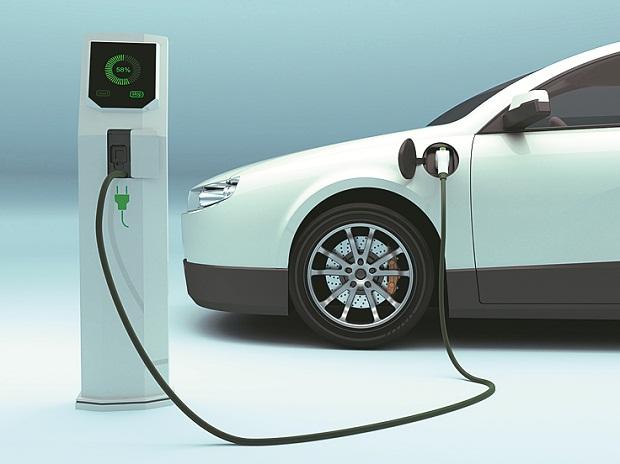What is it that seems to stand in the way of greater strides by women in the workplace?
Business
Standard : Despite clear gains by women in so many aspects of
society over the decades, their progress in the workplace seems to
have stalled. It is as easy to find a man named John walking the
corridors of American power as it is to find a woman.
The
number of female chief executives in Fortune 500 companies is 5 per
cent and has actually declined — by 25 per cent — over the past
year. In Britain, a study by the British Equality and Human Rights
Commission found that a third of employers still think it’s O.K. to
ask a woman during a job interview if she plans to have children.
It’s not.
Women
receive the majority of college degrees in the United States —
and more advanced degrees — and yet they still must work four extra
months to earn what their white male colleagues earned the year
before, according to United States census data. When those numbers
are segmented by race, it’s clear: Women of colour must work even
longer.
And
then, of course, there is the rise of the #MeToo
movement, which revealed as never before the sexual pressure many
women face in the workplace. At least one study has found that 81 per
cent of women say they have experienced some form of sexual
harassment.
Economists
have long contended that there is a clear financial case for gender
equality: Companies are more profitable, more collaborative and more
inclusive when they hire women. True gender equality, research from
McKinsey & Company has shown, would increase the gross national
product in the United States by 26 per cent.
What
is it that seems to stand in the way of greater strides by women in
the workplace?
At
the New Rules Summit in Brooklyn last week, The New York Times
gathered 250 of the boldest, most powerful, most successful leaders
across business, politics and culture to consider that question.
We
asked them to explore some of the challenges women face and to come
up with practical recommendations for change that businesses,
policymakers and even individuals could enact. Although The Times
convened the event, we left the hard work of generating the
recommendations to our guests. This section is the result: a playbook
for change.












